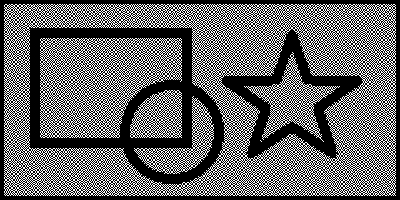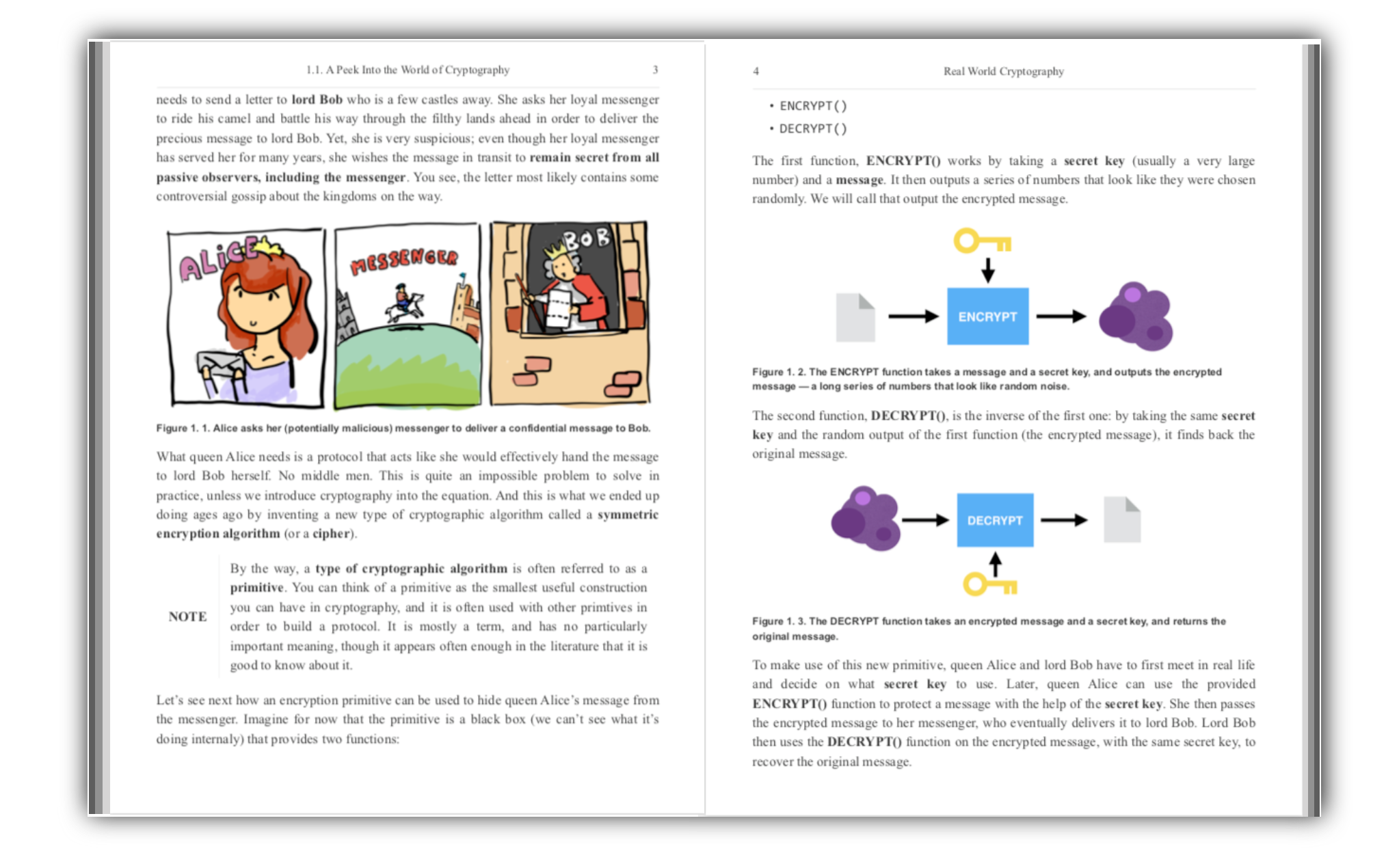Done!
posted November 2013
So after a long night staying up and coding I finally handed in my project including my report in LaTeX.
I'm not really proud of what I did, I felt like I could have done much better if given more time (okay I slacked and I had enough time).
BUT, as I already said earlier, I've accomplished a lot and even though I'm done with this project I still kinda want to keep working on it.
Things that I've learned doing this class :
- C is awful. But now I know the basics. I wish we had one more project to code in C to really get it though.
- Makefile? Headers? I still don't really get the structure of a C project (and I'm ashamed).
- I know Linux! Okay I don't know Linux that much, but I'm getting really causy there. I installed debian on a VM and I'm considering setting up a dual boot on my laptop now.
- Emacs emacs! I was postponing learning it because I was afraid, and just forced myself to use it for this project and goshh am I fast when I use it. When I go back to Sublime Text I just want to C-M-F, C-A, C-K, C-Y...
- LaTeX! As a Math major I've always been ashamed not knowing it. Now that I got a taste of it I'm wondering if I should use it to write my book on.
- Svn and Git. I'm not a stranger anymore! And I use them for all my websites as well now :)
I think that's it, but I feel like I've learned a lot and I wished this course was a year thing rather than a semester thing.
The course is not over yet though and next week we'll dive into java for... a quick swim since it will be our last week.
I feel like I've been doing a hackaton these past few days trying to finish my sudoku solver. I had to hand it in 2 hours ago but still haven't finished... I really hope this won't affect my grade too much.
I've been learning a lot of Emacs, C, using gcov, gprof, LaTeX... I'm so confused right now and my code has became so dense that it's hard for me to debug it.
Yesterday, suddenly, I found something really stupid in my sudoku grid generation that I couldn't fix. A day after, I found the solution, randomly, fixing it created a huge load of other issues. I have been re-inspecting my whole code all day long and I'm stressed by this deadline that I already passed.
Gosh that is a hard course.
And... because of this, I missed a day writing on my new application. I was on a 9-day strike :(
I'm studying automata, it's sort of a "logical" subject that reminds me of studying mathematics. It looks cool, it only asks your brain to think, not to memorize, and you don't really know what's the real use of it.
If you want to take a peak at what I'm studying, you can find a similar course on Coursera given by Jeff Ullman from Stanford (yes, obviously I should have moved to the US and attend Stanford).
Well, someone nicely asked what I was thinking on Stackoverflow, and someone else nicely answered.
Réseaux
posted November 2013
I have an exam of Réseaux (Network) tomorrow and the slides of my prof are... how could I say this... not really clear. We have practical applications classes but they were... organized in the worst possible way. The subject did seem interesting at first but I felt like I learned nothing. Hopefully for the past few weeks I've been using the wonderful online course An Introduction to Computer Networks given by Nick McKeown and Philip Levis both very competent profs from Stanford. It seems like I should have gone there for my master of Cryptography :) Anyway, I'm doing with what I have here and I feel blessed studying Cryptography right when free online courses started becoming a thing.
The course is available here.
Ever heard of visual cryptography ? It's a simple method of cryptography that doesn't involve computing.
There's a nice blog post about it http://datagenetics.com/blog/november32013/index.html" target="_blank">here

Bullrun
posted November 2013
Bullrun or BULLRUN is a clandestine, highly classified decryption program run by the United States National Security Agency (NSA). The British signals intelligence agency Government Communications Headquarters (GCHQ) has a similar program codenamed Edgehill.
According to the NSA's BULLRUN Classification Guide, which was published by The Guardian, BULLRUN is not a Sensitive Compartmented Information (SCI) control system or compartment, but the codeword has to be shown in the classification line, after all other classification and dissemination markings. Information about the program's existence was leaked in 2013 by Edward Snowden.
from https://en.wikipedia.org/wiki/Bullrun_%28decryption_program%29" target="_blank">wikipedia.


